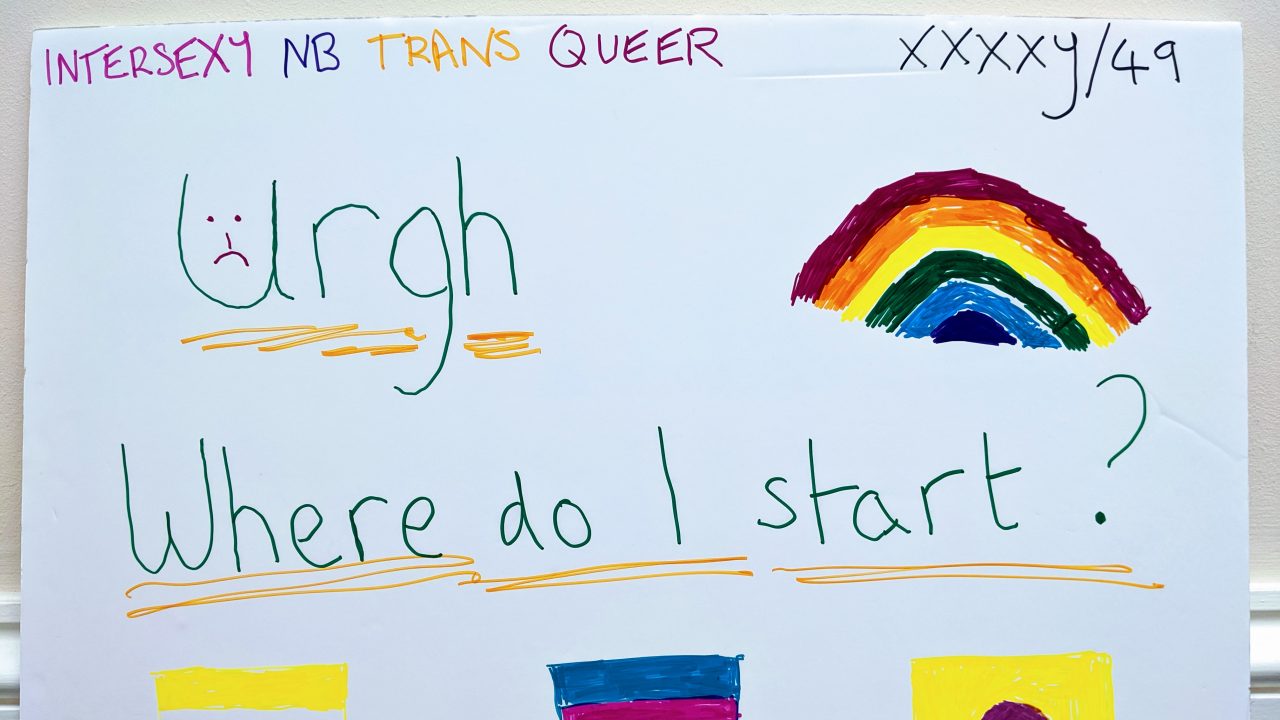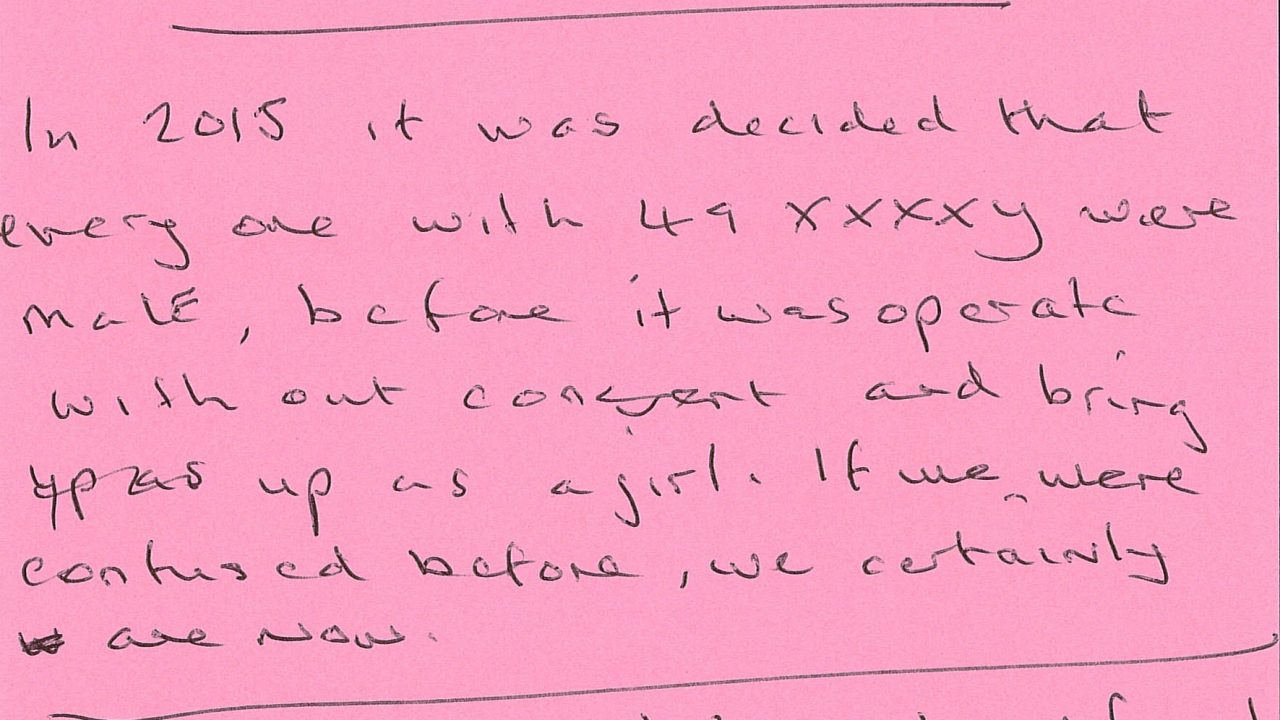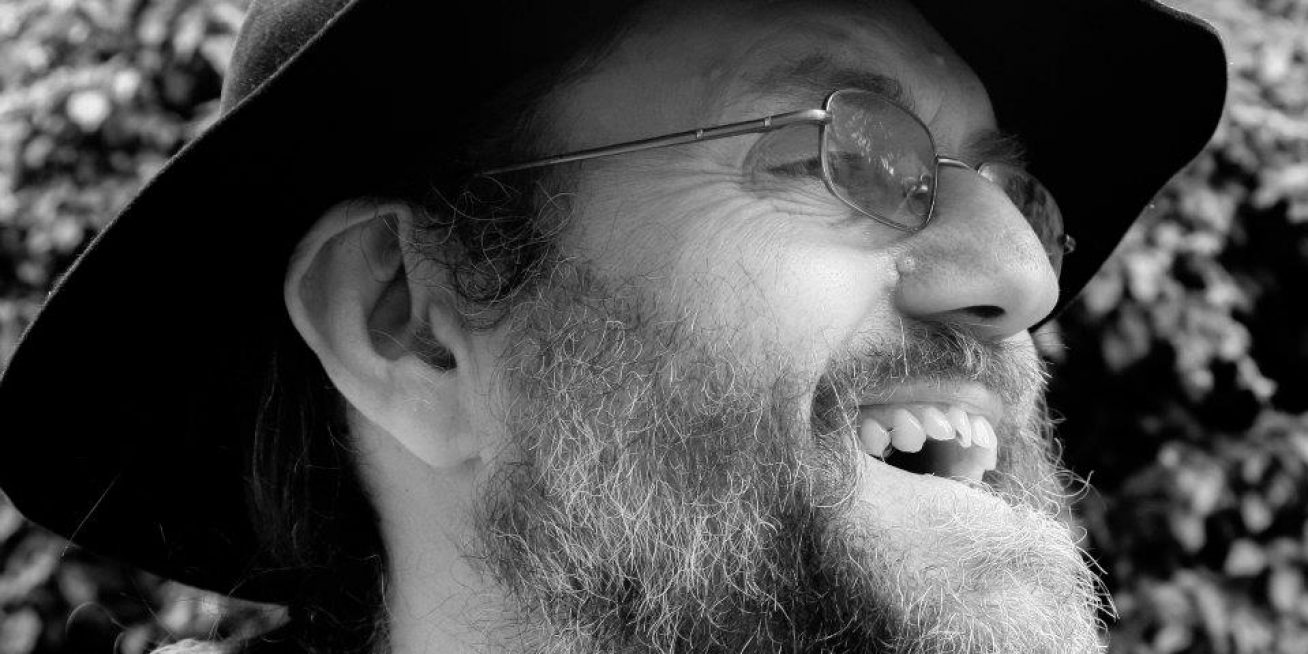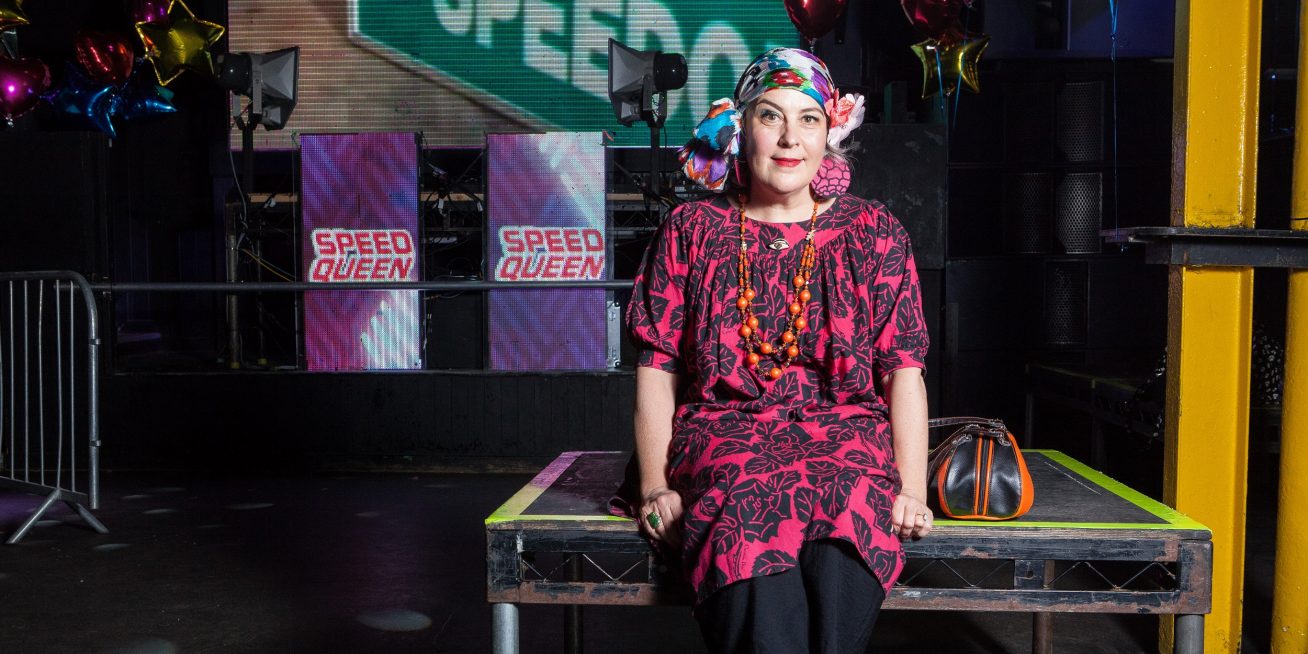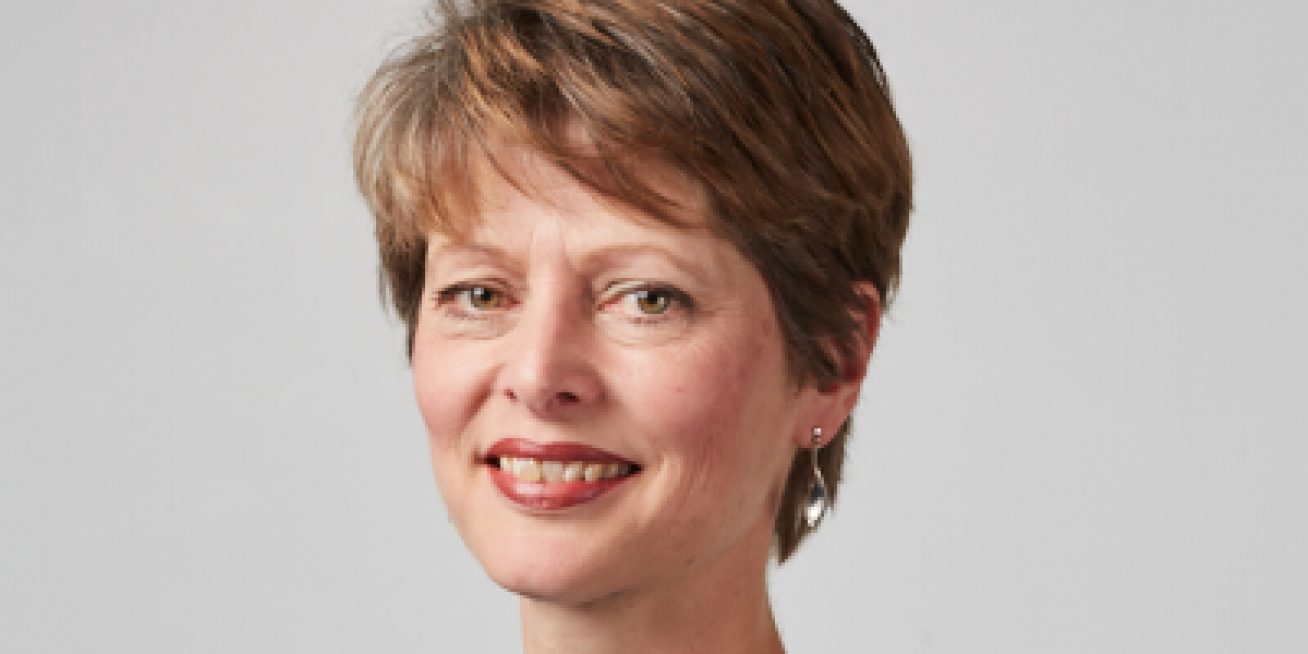'Stuck right in the middle of gender and biological sex'
Pete describes changing attitudes to intersex births, their experiences with the medical profession and how they feel 'invisible' in the medical records but 'very visible in public'.
This interview clip is provided in the format of a written transcript, which can be accessed by clicking the button below marked ‘READ THE TRANSCRIPT’.
TRANSCRIPT
PETE: When I was born – and really until quite recently – the feeling with intersex births was… y’know, Mum never had no idea she was going to have an intersex child, it was like, it’s a boy or girl, and in my case it was they’d have to get back to her because they didn’t know. It caused a huge amount of depression for my mother, and quite a lot of strain within the family. It’s something that we don’t discuss; if it was discussed at all I was told it was dirty, you don’t discuss it, you don’t tell anybody about it. It’s extremely isolating, and I was told that I needed – and I was in hospital for the first eight years of my life, and unfortunately having the extra chromosomes puts quite a lot of load on your internal organs, so I did need to be in hospital, but once they were doing – looking after that they were also changing my body to look more female. The quote that they had then was that it was an awful lot easier to dig a hole – dig a hole instead of craft a pole, which is quite telling of how surgeons had contempt for intersex people, and intersex people are actually 90% male.So they didn’t do a scan – I have a prostate gland, I have internal testes, and I have an internal ovo-teste as well. Y’know, it would of been obvious if they’d done the scan that I was male and not female, I mean, I haven’t got a womb, for example. But it was a case of, we can fix this, and it’s a case of whether you should do something instead of waiting until the child can actually tell you that actually they’re male or female.
Now, in 2015, it was decided – I think it was the EU that decided, that everybody with my syndrome is male. Now, it’s fine, and they did a study, and they included people who hadn’t been operated on or people – and they showed us as a very male group, which is how they want us to be recognised in the future, and of course anybody born after 2015 are recognised 1) as a person, and 2) who they’re meant to be. But it doesn’t help anybody before, born before then. I know from about the year 2000 that they have started doing surgeries on infants that were found to be internally male, to make them look more male externally, but it’s still a fight to the finish.
We’re still having systems where I had some operations earlier this year, and only when I was discharged did I realise that they’d taken samples, which they hadn’t asked me to do. And when I challenged it I was told that as an intersex person I don’t actually get any say, I don’t have any personal autonomy, or physical autonomy, to myself, it’s like we’re a biological object or biological subject, we’re not a person. So, and when I pulled this up when I was back on the ward, they looked aghast at me, because they said there was no way in hell they would go for consent, until they checked it all and realised that they didn’t need to go for consent, so that’s why I hadn’t been asked. It was on my discharge notes that they’d taken all these samples. So, it was like, ‘okay!’ The thing is, had they asked, I would’ve let them [laughs] for the studies, but just felt that, a little bit like we are [?] but we don’t exist, and we shouldn’t be here.
INTERVIEWER: So what are your thoughts now on what happened as a child, about the medical interventions?
PETE: I wish they hadn’t done it. Nothing will change the fact that chromosomally I’m intersex, and I’m stuck right in the middle of gender and, and biological sex. I wish that if I was of a mind now and I wanted to be ‘him’, I would be allowed to do it. But as it is, my voice is very light, and very high, and it’s basically a non-broken male voice. I can grow a beard – I can grow a beard in the same time that it probably takes most men to grow a beard. I’m very hairy; I’m also incredibly tall, although I’ve got sclerosis – the average age – the average height for us is 6 foot 2, so y’know, we don’t fit in. We’re invisible in the medical records, but we are very visible in public.
